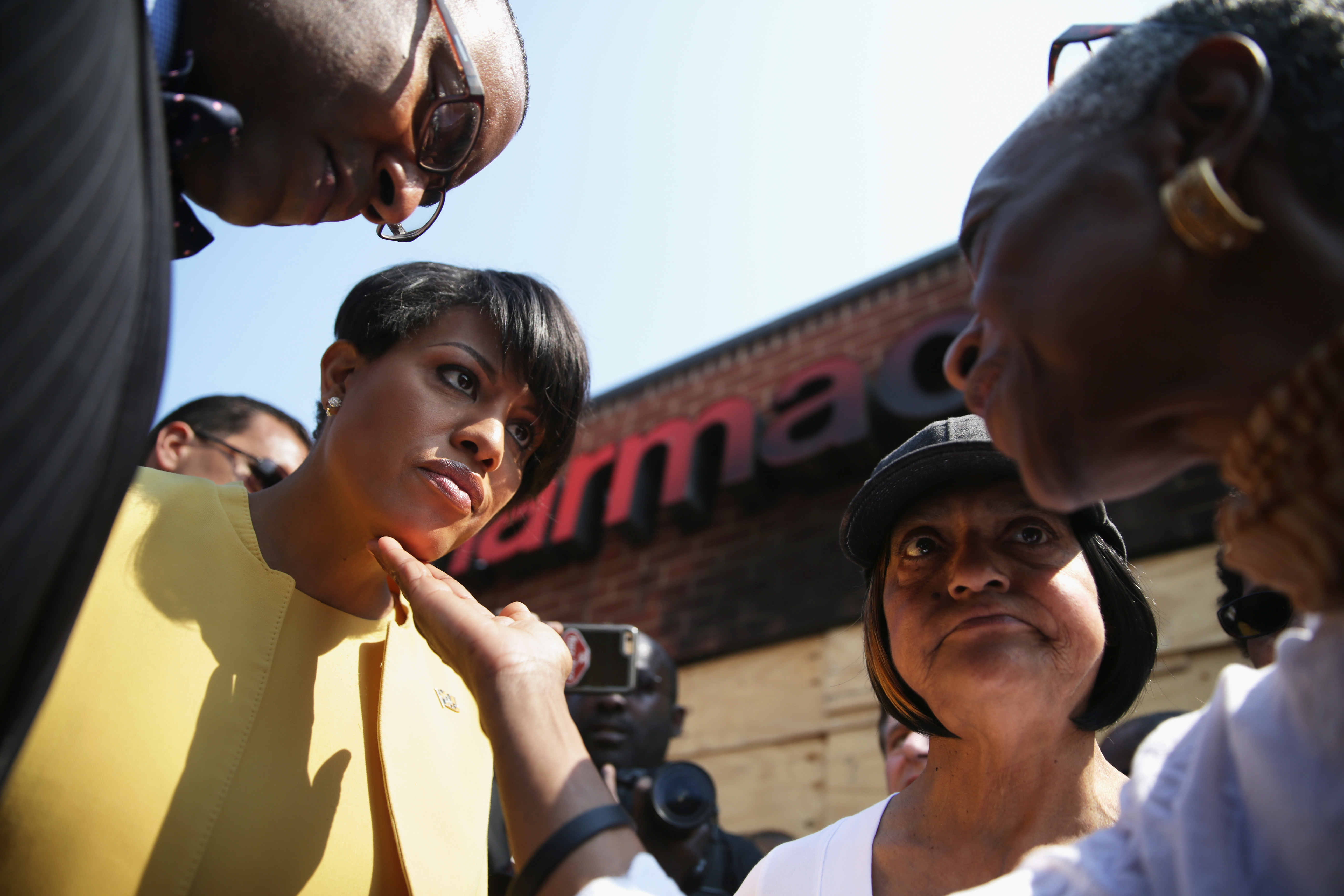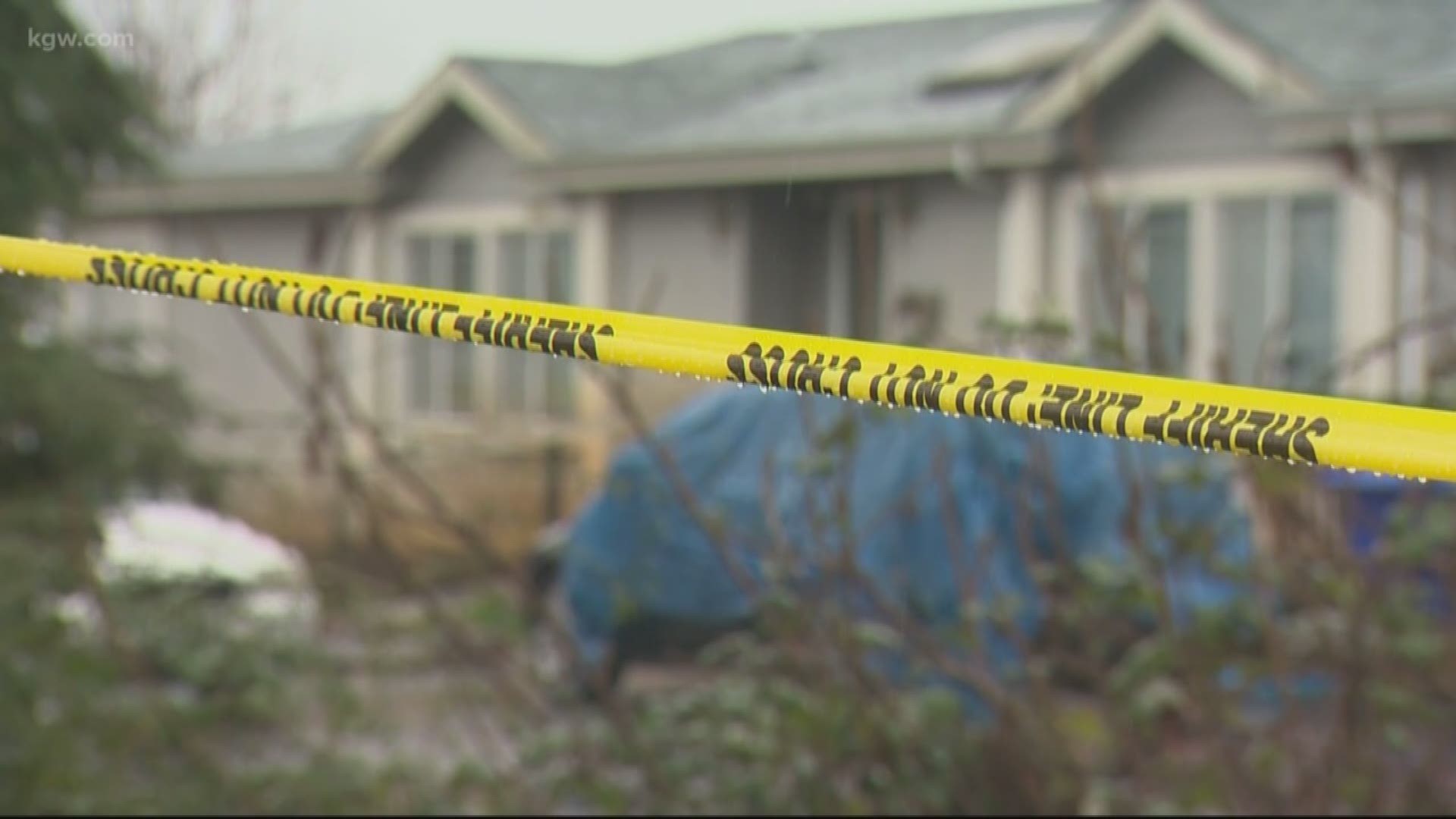![472433684 A CLJ HUM POL REL SOI USA MD [image : 82828524]](http://www.gannett-cdn.com/media/2016/04/09/USATODAY/USATODAY/635957604714736867-472433684.jpg)
This is a critical moment for police reform in the state of Maryland.
Next week, April 12, marks the one year anniversary of the arrest of Freddie Gray — the 25-year-old, unarmed black male whose death while in Baltimore City police custody set off city-wide protests, prompted arrests and increased national attention on the need to improve police oversight. Trials for the officers charged in Gray's death are slated to resume in May. Calls for justice in this case have been loud and clear.
But many cases involving police misconduct don't make it to trial. In those instances, the Law Enforcement Officers Bill of Rights (LEOBR) has a heavy influence on the outcome of investigations into police behavior. Whether or not to alter aspects of the bill of rights that shut civilians out of investigative review boards also hangs in the balance. Next week, the vote goes before the Maryland General Assembly. Currently, only other police officers can serve on trial boards in Maryland.
![Policing the USA [oembed : 82830198] [oembed : 82830198] [oembed : 82830198] [oembed : 82830198]](/Portals/_default/Skins/PrestoLegacy/CommonCss/images/smartembed.png)
While mandating civilians be placed on boards that investigate officer misconduct sounds like a small change, it could mean the difference between keeping young, unarmed men safe, or letting bad cops back out onto the streets. That small change could have influenced the outcome of the Gray case. If the officers who picked up Gray that day had known that their conduct would have been reviewed by the public, perhaps they would have acted differently.
Police can't police themselves. The community should play a role in holding officers accountable and in determining the disciplinary actions used against officers who have engaged in brutality.
![AP BALTIMORE POLICE DEATH A FILE USA MD [image : 82828584]](http://www.gannett-cdn.com/media/2016/04/09/USATODAY/USATODAY/635957607845072999-AP-Baltimore-Police-Death.1.jpg)
The Fraternal Order of Police’s argument against these reforms has been that only police know and understand the nature of police work and thus only they should be entitled to make disciplinary decisions. But officers are subject to the same implicit biases as everyone else. Most people are partial to folks who look like themselves and who work in similar industries.
These reforms are not about claiming all police are bad, but about understanding that, as the President’s Task Force on 21st Century Policing states, community oversight is essential to productive community-police relations.
Let Maryland serve as a model for other states on how meaningful police reforms can increase community trust in law enforcement.
Dayvon Love is director of public policy for Leaders of a Beautiful Struggle, a Baltimore grassroots think tank.


